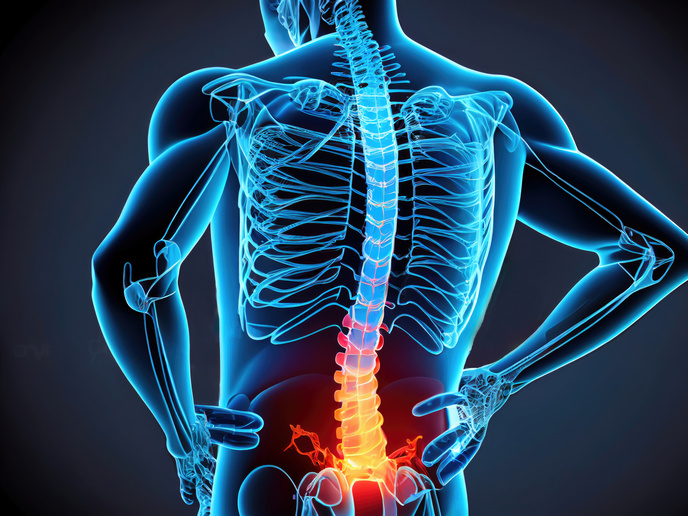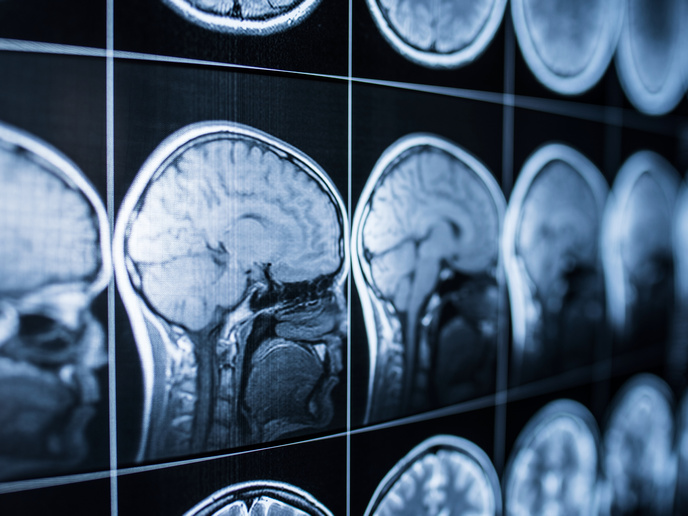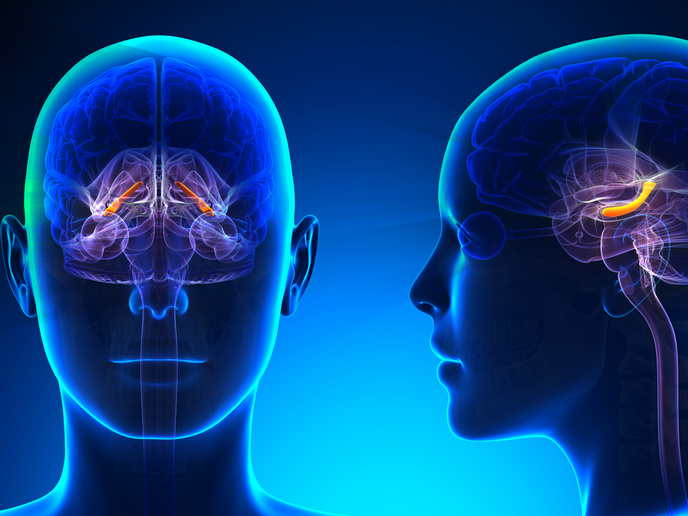Probing for deep brain activity
The EU-funded '3D flexible probe for deep brain stimulation and recording' (BRAIN TOUCH) project has developed a new generation flexible deep brain stimulation and recording (DBSR) probe. Neuroprobes developed previously are only able to stimulate and record feedback from cortical regions in the brain, spinal cord and peripheral nerves. To penetrate deep into the brain, the probe was designed and manufactured using a multidisciplinary approach combining recent advances in microelectronics, polymer materials, neurobiology, neurophysiology and neurosurgery. BRAIN TOUCH scientists used a mouse model to measure the appropriate behavioural and psychological responses. Challenges for the team included development of the probe and scaling down by a factor of 10 for the rodent model. Choice of polymer took into account the fact that the material had to be wrapped around a permanent, rigid, silicon inner core. The polyimide chosen satisfied the criteria for low internal stress and water absorption. A novel front side silicon dry etch process was developed to create a two-level step structure inside the bulk of the silicon wafer. For insertion of the probe, the scientists developed a new force measurement sensor that was added to the stereotactic surgical setup to satisfy requirements for the insertion procedure. The sensor relayed crucial information on predicted penetration forces and tissue dimpling values based on design parameters such as tip angle, dimensions and insertion speed. BRAIN TOUCH has successfully manufactured both rigid and flexible neural implants. This is a significant step forward in terms of accuracy of implantation at a greatly reduced cost. Applications include the investigation of physiological processes and to help restore or support neuromuscular and neurosensory systems in neural prostheses. Patients with diseases such as Parkinson's, stroke victims and cerebral palsy also stand to benefit from alleviation of symptoms using a neuroprobe.







